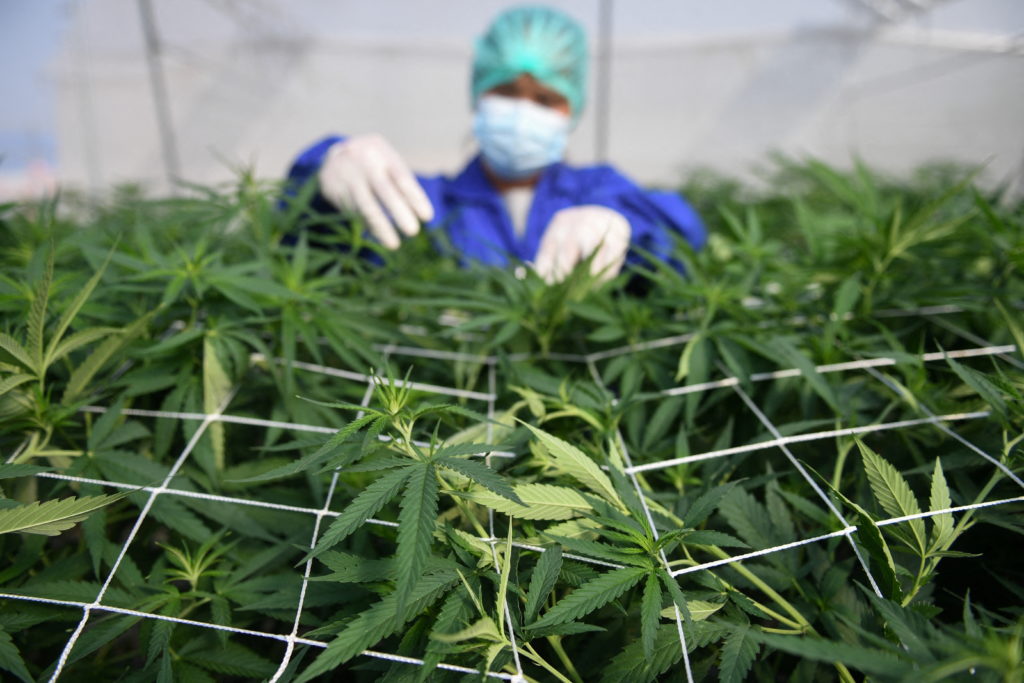Cannabis in Thailand
Thailand’s Cannabis Legalization: A Promising Opportunity for Agricultural Growth and Medicinal Advancements

Cannabis, also known as marijuana, is a plant that has been cultivated and used for various purposes for thousands of years. In Thailand, cannabis has a long history of medicinal and cultural use, and the country is currently taking steps to legalize and regulate cannabis cultivation for medicinal and research purposes.
Historically, cannabis was widely used in Thailand for its medicinal properties, particularly as a pain reliever and treatment for various ailments. However, in the 1930s, the Thai government imposed a ban on cannabis cultivation and use due to pressure from the international community. This ban remained in place for several decades, until recently when the government started to reconsider its stance on cannabis.
In 2018, Thailand became the first Southeast Asian country to legalize medicinal cannabis. Under the new law, licensed individuals and companies are permitted to cultivate and sell cannabis for medicinal and research purposes. The law also allows for the use of cannabis extracts in medicines and treatments, and allows patients with qualifying conditions to use cannabis as part of their treatment.
The legalization of cannabis cultivation in Thailand has created a significant opportunity for the country’s agricultural sector. Thailand has a favorable climate for cannabis cultivation, with warm temperatures and high humidity, which make it an ideal location for growing high-quality cannabis plants. Additionally, the country has a long history of agricultural expertise, which can be leveraged to grow and produce cannabis products of exceptional quality.
There are currently several companies and organizations in Thailand that are involved in cannabis cultivation and research. For example, the Thai government’s Department of Medical Services has been conducting research into the medical benefits of cannabis, and has established a research facility for this purpose. Additionally, several private companies have been granted licenses to cultivate cannabis for medicinal and research purposes, and are actively investing in developing high-quality cannabis products for the domestic and international markets.
While the legalization of cannabis cultivation in Thailand is a significant step forward, there are still challenges that need to be addressed. One of the main challenges is the lack of clarity around regulations and licensing procedures, which has caused confusion and delays for companies looking to enter the market. Additionally, there is a need for more research into the medical benefits and potential risks of cannabis use, particularly for patients with pre-existing medical conditions.
Despite these challenges, the potential benefits of cannabis cultivation in Thailand are significant. The country has the opportunity to become a leading producer of high-quality cannabis products, which can be used to improve the health and well-being of patients around the world. Additionally, the cannabis industry has the potential to create new jobs and stimulate economic growth, particularly in rural areas where agriculture is a primary source of income.
In conclusion, the legalization of cannabis cultivation in Thailand is a significant development that has the potential to transform the country’s agricultural sector and improve the health and well-being of patients around the world. While there are still challenges that need to be addressed, the government’s proactive approach to cannabis legalization and regulation bodes well for the future of the industry in Thailand.
